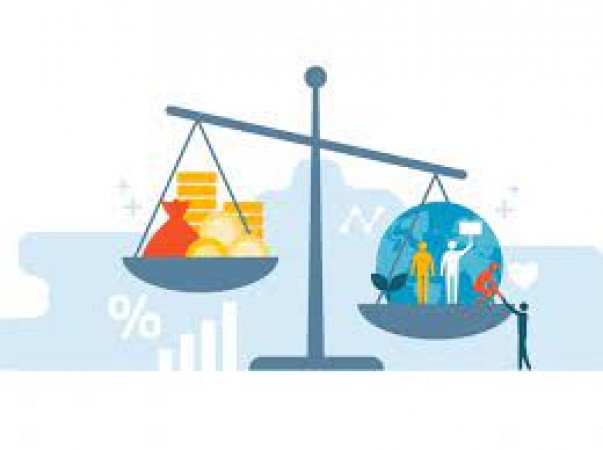
Economic inequality is the unequal distribution of income and opportunity between different groups in society. It is a concern in almost all countries around the world and often people are trapped in poverty with little chance to climb up the social ladder.
In world today living conditions are unequal between different places, which are a consequence of the change in the last two centuries where some places conditions has changed vividly and other more slowly.
Forbes counted a record 2,755 billionaires in the world as of 2021, when it finalized its most recent rankings. Meanwhile, the World Bank estimated that in 2021 more than 711 million people globally were living on less than $1.90 per day. Today’s global inequality of opportunity means that what matters most for your living conditions is the good or bad luck of your place of birth.
Confronting inequalities has moved to the forefront of many global policy debates as a consensus has emerged that all should enjoy equal access to opportunity. ‘Leave no one behind’ serves as the rallying cry of the 2030 Agenda for Sustainable Development.
After two centuries of slow, but persistent transformation, Finland is today one of the healthiest and wealthiest places in the world. Covid pandemic has exposed the economic inequality all around the world. The world wide lockdown has bring down the economies from everywhere, where the population is around the poor and middle class line as they were the one’s suffering the most.
Inequalities persist not only because income, but there are other many factors too- gender, age, origin, ethnicity, disability, sexual orientation, class, and religion. These factors prevail not only in one country but around the nation, in some parts of the world; these divides are becoming more pronounced.
Income inequality has been improving from the last 25 years, this states that average incomes in developing countries are increasing at a faster rate. This can be accredited to strong economic growth in China and other emerging economies in Asia. However, the gap between countries is still considerable. For example, the average income of people living in North America is 16 times higher economies than that of people in sub-Saharan Africa.
Income inequality has improved between the nations but the income inequality within the country has decreased. Around 71% of the world’s population lives in countries where inequality has grown. This is especially important because inequalities within countries are the inequalities people feel day to day, month to month, year to year.
In the majority of countries inequality has gone up within some it has fallen. Latin America and the Caribbean, there has been a considerable decline, although levels remain high. Africa and Asia, trends have been more varied, with greater similarities between emerging economies or landlocked developing countries, and between rural or urban areas, than within regions.
South Korea is looking for a solution as a result of China's "sharp increase" in car exports
NATO member secretly gave fighter jets to Ukraine
A member state of the EU may make military service for women mandatory